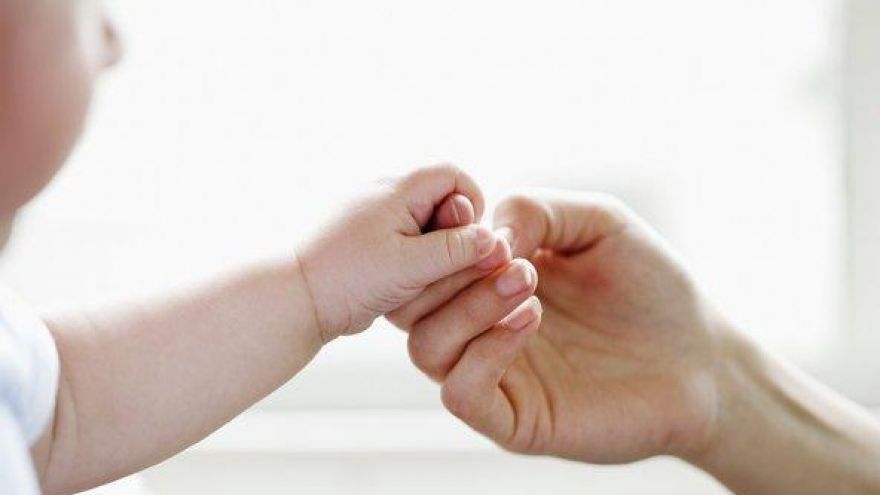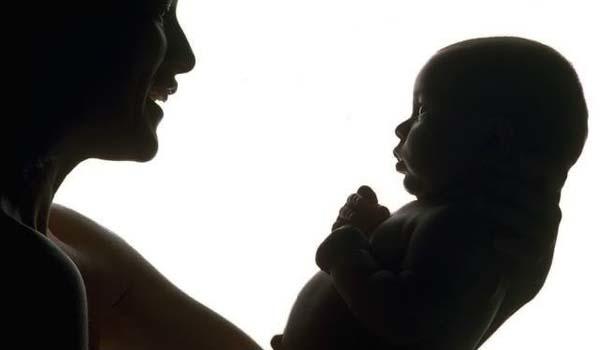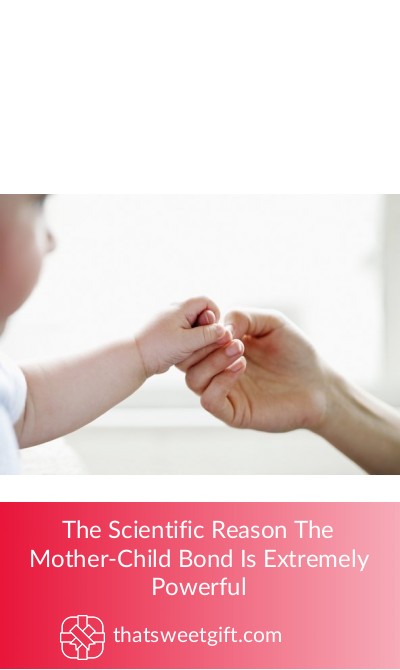The Scientific Reason The Mother-Child Bond Is Extremely Powerful

As a mother, you may have had more than one instance where you could have sworn you literally felt what your child was feeling, and you’re certainly not alone. There are plenty of mothers that express having a special type of relationship with their children, something that is generally never experienced by another person on the planet. There are plenty of scientific reasons that point directly to the mother-child bond in an effort to explain its legitimacy and what it really means.
The Development of the Baby
It’s easy to understand that the real mother-child bond begins at conception and through the coming months as the fetus begins to develop inside of the mother’s womb. It is true that the father also feels like he is the protector of his family, but as the mother you feel directly responsible for encouraging your body to develop a strong and healthy baby.

This time period is also commonly referred to as “antenatal bonding” by scientists and researchers and it means that the mother feels a special type of connection to her unborn baby.
This is why many mothers who experience unfortunate ailments during their pregnancy may succumb to feelings of inadequacy, as they feel directly responsible for health problems that may affect their child, even if it isn’t their fault.
When the child first starts to develop and you truly understand the meaning behind becoming a new parent, your bond begins to develop and only intensifies as the years progress.
The Nurturing Process
It’s nearly impossible to attribute this to every couple, as every family is different, but in most cases mothers are seen as the nurturing personality in a family unit. She is the person who is most likely to take care of the child when they are sick, read them to sleep when they have a nightmare, directly feed them from their breast, and spend the most time with them throughout the day.
No matter how you look at it, this is surely going to create a stronger bond that is incredibly difficult to break because the more time you spend together, the more in tune you are with one another. As the years progress and the nurturing develops in different ways, children still understand that their mother is always there for them no matter what the circumstance is.
Studying the Psychological Connection
A study that was recently published in the Journal of Social Cognitive and Affective Neuroscience found that the psychological connection between a mother and her child was strong in numerous situations, depending on the personality of the mother.
During the study, adolescents and their mothers were subjected to brain imaging scans to see the differences in brain activity based on stimuli that the other person was subjected to. Every participant was asked to put themselves in a hypothetical situation where they were distressed or uneasy and then they were asked to think about the same situation, but imagine their family members were the ones in distress.
The results are what were the most fascinating, as the majority of mothers experienced what was known as “high-self overlap”. This meant that once they began to picture the stressful situation and their children dealing with it, their brain activity was close to identical to the brain activity shown when they imagined themselves in the distressing situation.
As with any scientific study, there were a few notable differences found, such as when narcissistic mothers were put under the same study conditions. Due to the fact that narcissists find it relatively impossible to empathize with other people or to attach themselves to others, the narcissistic mothers certainly didn’t have the same reaction.
What Does the Study Mean?
At the end of the day, the aforementioned study surely shows that mothers feel distress at nearly identical levels when they imagine themselves and then their children in distressing situations. But, it also leads to far more observations that could be drawn between the mother-child bond.

Over the entirety of your child’s lifetime, it is normal to respond to their feelings in a personal manner and to exhibit behaviors to protect your child as a result of the bond you have built with them, this is commonly referred to as “maternal emphatic bias”. When you take a look at the neural pathways in the brain of someone with maternal emphatic bias, you will find that their neural levels are exceedingly higher than narcissistic mothers, for example.
Adolescents and Mothers
Even in the most unstable and emotionally draining times of your life, when your kids are teenagers, it’s safe to say that they also feel quite empathetic towards you as a mother, even if they don’t always show it! The stronger the relationship is between you and your child, the more likely they are to feel distressed when you are distressed. Another interesting correlation drawn between the mother-child bond was mothers with higher levels of empathy typically have children with higher levels of empathy as well.
Is the Mother-Child Bond Stronger than the Father-Child Bond?
There is evidence to support that the mother-child bond is significantly stronger than the father-child bond, but this is all dependent on the home life of the child and the relationship between the parents and the child. There are plenty of households around the world where single fathers raise children, and yet the child may seem to have a stronger connection to the male presence in their life rather than the female presence.
Although there isn’t a definitive answer as to whether the mother-child bond is truly stronger than the father-child bond, family psychologists are currently conducting studies to note of any similarities or differences.
As a mother, your child is your whole world and as they get older, they will feel the same as you. If you’re ever in a situation where you feel like something is wrong with your children, it’s most likely not just a hunch, but a true psychological and physiological connection between you and your children that has developed since before they were born.
Pin for later

